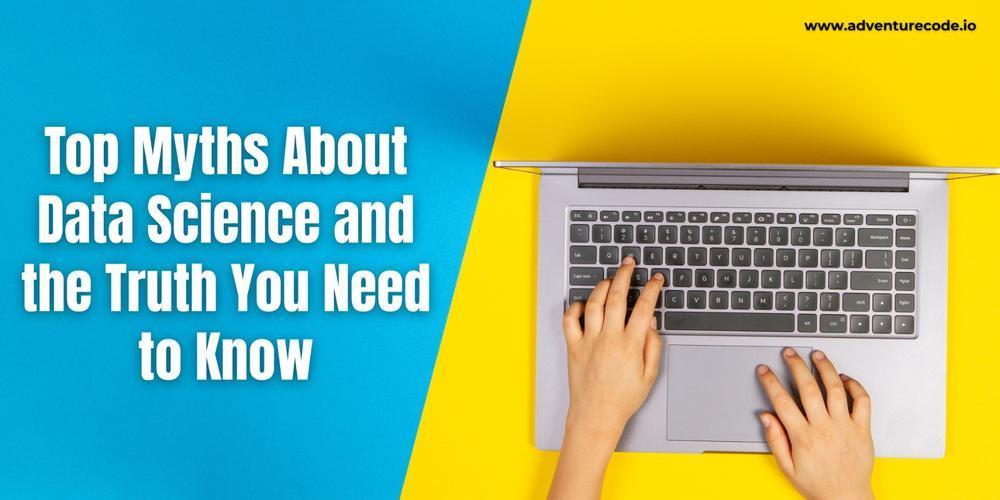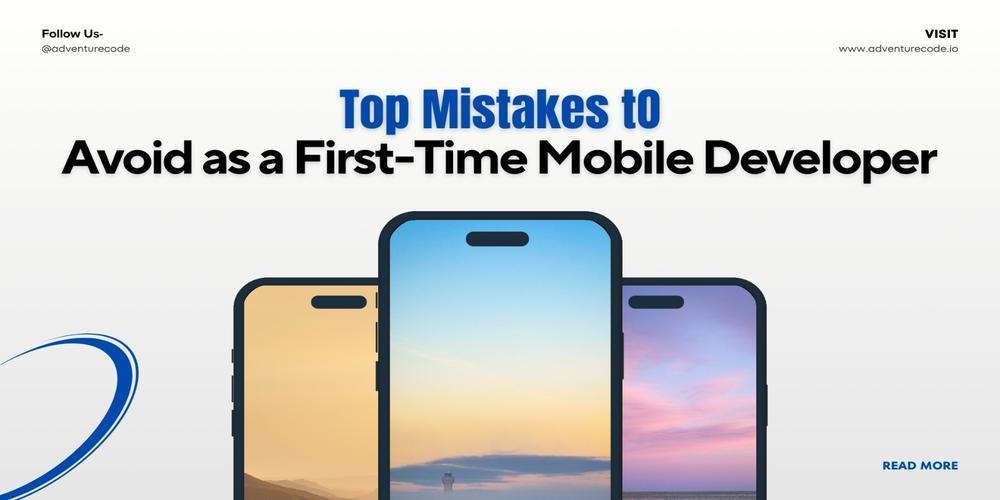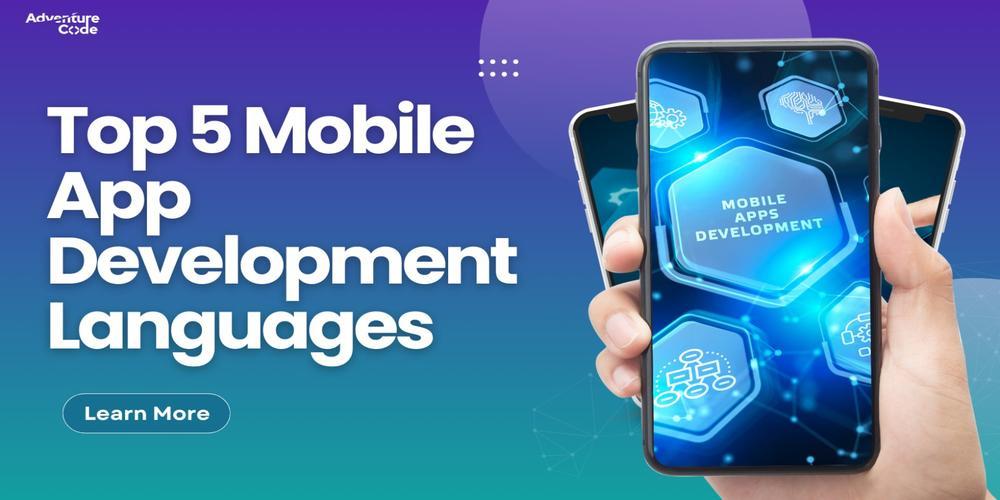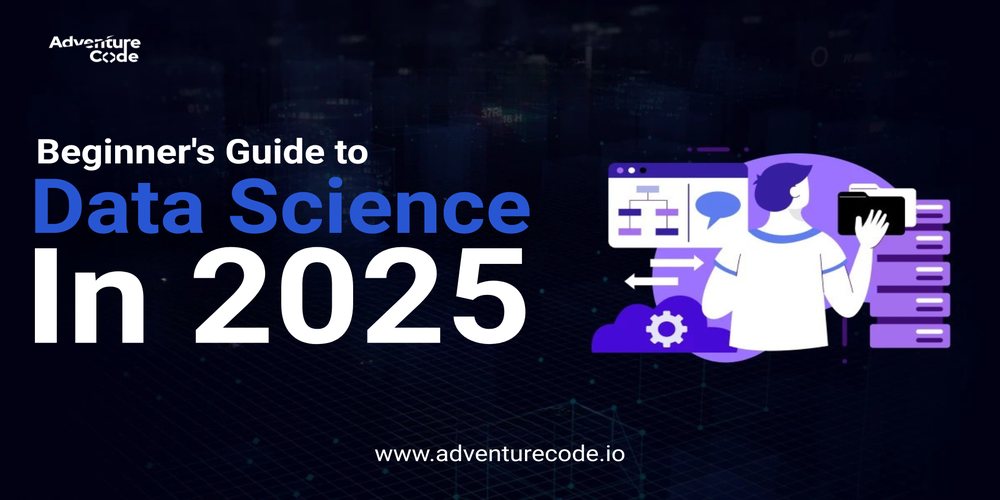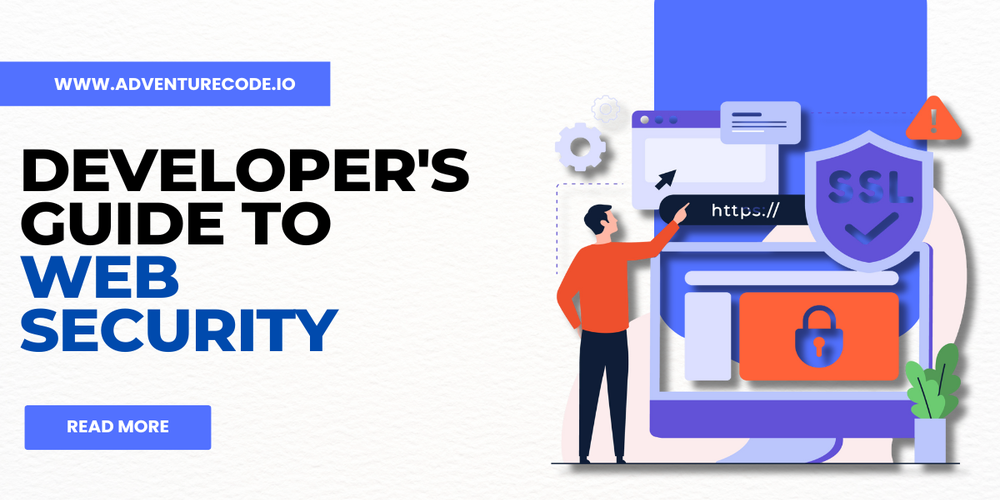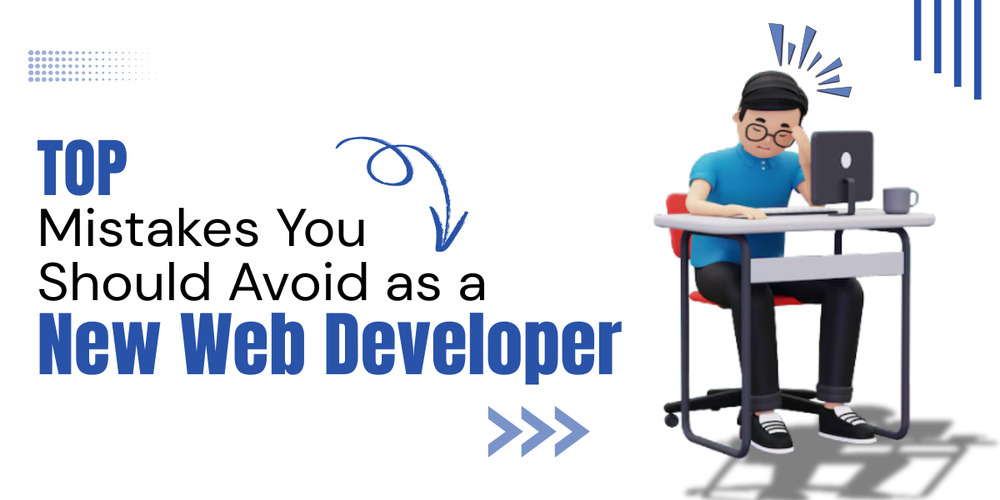In the fast-evolving world of data science, there’s a surge of interest and curiosity. With that, unfortunately, comes a wave of myths and misconceptions that often deter aspiring data scientists or misguide businesses seeking data-driven solutions. From overestimating the power of algorithms to misunderstanding what a data scientist actually does, these myths can distort expectations and hinder progress. It’s crucial to separate fact from fiction to truly harness the power of data science in today’s digital landscape.
Myth 1: Data Science Is All About Coding
One of the most widespread myths is that data science is only for coders. While programming languages like Python and R are essential tools, they’re just one part of a broader skill set. A great data scientist must also understand statistics, domain knowledge, data visualization, and even communication skills to convey insights effectively. In fact, some data roles, like data analysts, may involve less coding and more focus on analysis, interpretation, and storytelling.
Truth: Coding is important, but so are problem-solving, analytical thinking, and business understanding.
Myth 2: You Need a Ph.D. to Become a Data Scientist
The image of a data scientist as a Ph.D.-holding genius is outdated. While academic backgrounds in machine learning or mathematics can be helpful, many successful professionals in this field come from bootcamps, online certifications, or even self-taught pathways. Employers today value practical skills, portfolio projects, and real-world experience more than a formal degree.
Truth: A strong portfolio and real-world problem-solving skills often outweigh academic titles.
Myth 3: Data Science and Data Analytics Are the Same
Though often used interchangeably, data science and data analytics are not identical. Data analytics typically focuses on interpreting existing datasets to find actionable insights, often for current or past trends. Data science, on the other hand, involves using models, algorithms, and predictive analytics to forecast future outcomes or automate decision-making processes. They’re closely related, but their objectives and methodologies differ.
Truth: Data analytics helps explain “what happened,” while data science predicts “what’s next.”
Myth 4: Data Science Is Only for Tech Companies
Due to its roots in big tech, many believe that data science is only relevant to Silicon Valley. This couldn’t be further from the truth. Today, industries ranging from healthcare, finance, and retail to agriculture and sports rely on data-driven decisions. From optimizing supply chains to personalizing customer experiences, data science is transforming operations across the board.
Truth: Every industry with data can benefit from data science applications.
Myth 5: More Data Always Means Better Results
While it’s true that data is the fuel for machine learning models and analytics, more data doesn’t always equal better outcomes. What matters more is data quality, relevance, and how it’s processed. Messy, biased, or incomplete datasets can lead to misleading or harmful conclusions. Focusing on data cleaning, feature engineering, and model validation is often more impactful than simply collecting vast amounts of information.
Truth: Smart data beats big data. Focus on accuracy, not just volume.
Myth 6: Data Science Is All Automation and No Creativity
There’s a notion that data science is dry, mechanical work just running numbers through algorithms. In reality, it’s deeply creative. From designing experiments to creating intuitive dashboards or solving complex business problems, data scientists must think outside the box. Creative thinking plays a huge role in deciding which features to use, how to interpret patterns, or how to communicate results.
Truth: Data science is where creativity meets computation.
Conclusion
Data science is one of the most impactful fields shaping the future, yet it remains clouded by widespread myths and misunderstandings. These myths can limit potential, discourage aspiring professionals, or mislead organizations hoping to implement data-driven strategies. By demystifying what data science truly is, we open doors for innovation, smarter decisions, and a more accurate understanding of its value. Whether you're diving into the field or considering its use in your business, remember: data science is as much about critical thinking and creativity as it is about numbers and code. Don’t let myths define your perception let the truth guide your exploration
